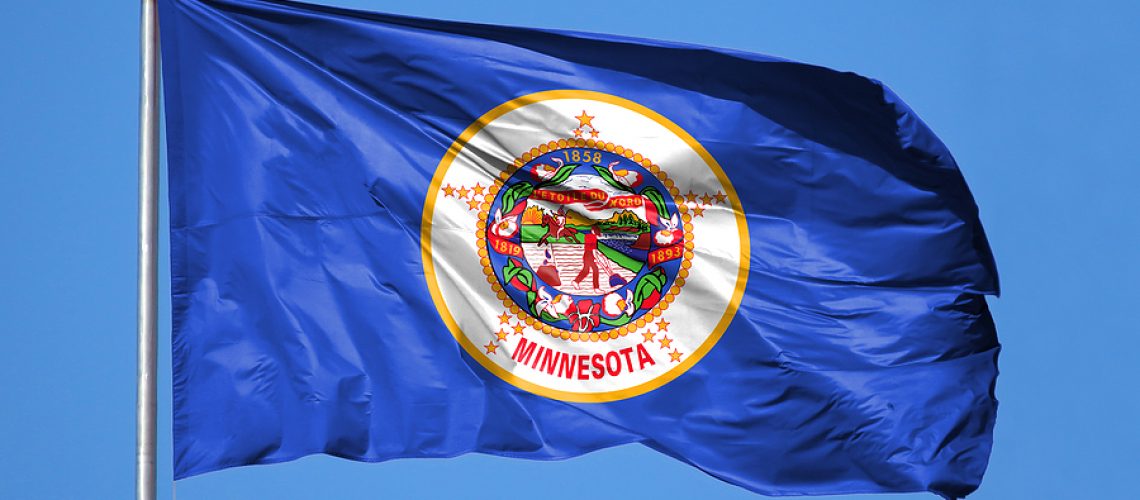Minnesota has had a cottage food law since 2015. The authorities amended the law in 2021 which has helped grow the industry. This law clarifies what can and cannot be sold at farmers’ markets across the state. The law helps to know what requires licensing and what does not too.
Minnesota’s cottage food law allows state residents to make and sell the following foods: canned vegetables, pickles, jams, jellies, and baked goods without a license. This law permits people in the state to produce homemade food in residential kitchens and then sell it directly to consumers without having a food handler’s license.
Since Minnesota adopted this law, other states have passed state cottage food laws to make life easier for cottage food producers. The passage of the cottage law “opened up opportunities for Minnesota producers and entrepreneurs,” according to Extension’s Amy Johnson, who says cottage food now “contributes to their livelihood.”
Cottage food is limited to non-potentially hazardous foods (NPH). NPH foods do not support bacterial growth and do not need to be kept at certain temperatures, either hot or cold, to remain safe.
Minnesota Cottage Food Producers maintains a current list of products that can and cannot be sold as cottage food in the state.
Flynn, D. (March 31, 2023). At eight years old Minnesota’s cottage food law has built an industry. Food Safety News. https://www.foodsafetynews.com/2023/03/at-eight-years-old-minnesotas-cottage-food-law-has-built-an-industry/


